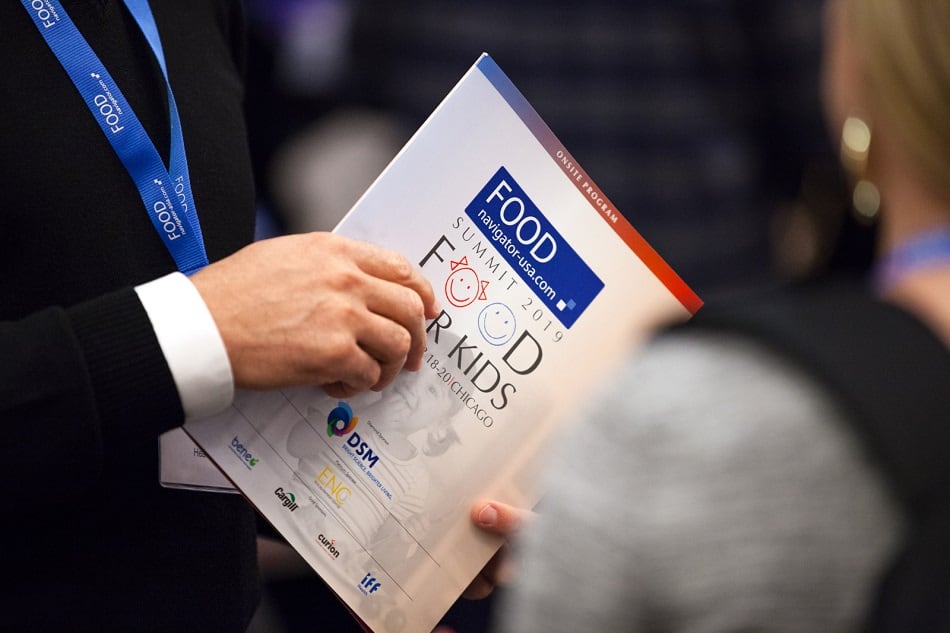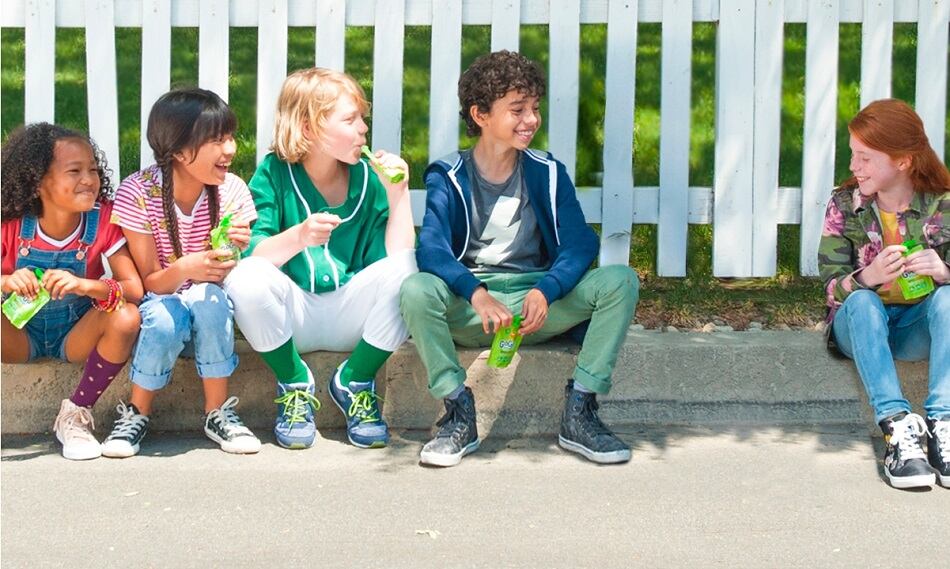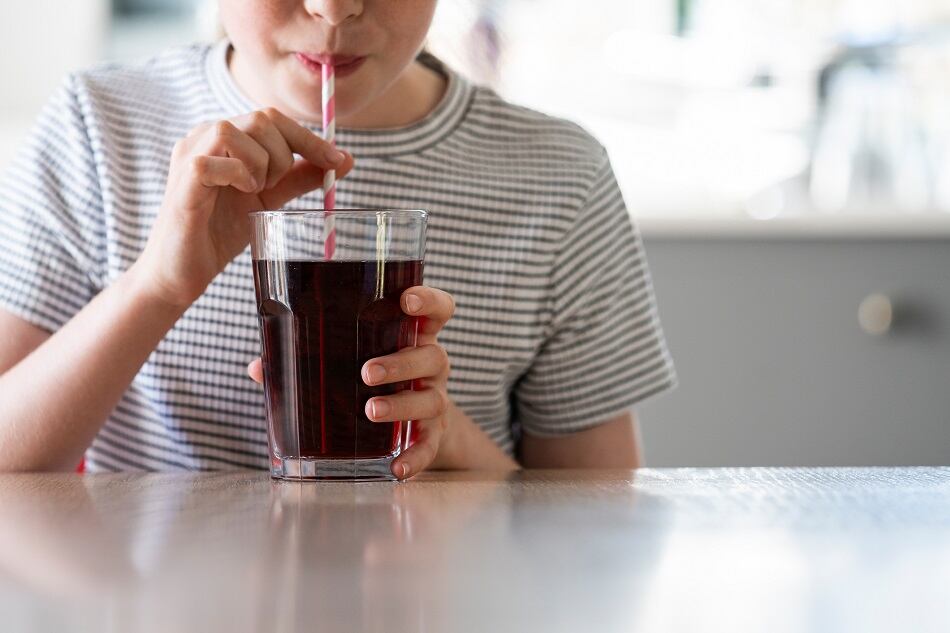However, after pivoting its go-to-market strategy, Ruckus and Co. is moving full speed ahead with the launch of a shoppable e-commerce site going live in early August, a ‘kid-fluencer’ campaign, and a ‘test and learn’ retail launch in 15 to 20 stores in the LA area in the coming months, shares Shannon Neumann, associate director of SnackFutures Innovation.
“To be honest, we were hoping to be into a broader regional launch by the end of August, knowing that it was getting into that back-to-school season, and we have to rethink that,” Neumann told FoodNavigator-USA.
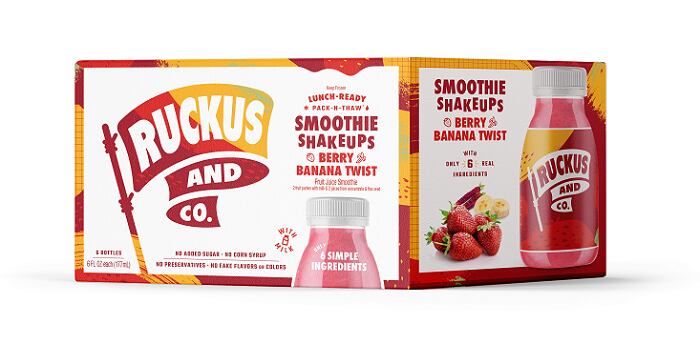
Major pivot to e-commerce
In its Q1 2020 earnings call in late April, Mondelēz CEO Dirk Van de Put said that while the company was well-positioned to answer the call of consumer panic buying of pantry, snack, and comfort foods, it would have to significantly curtail its innovation projects for the time being.
SnackFutures, which was created as the company’s main innovation arm acquiring brands in several emerging consumer categories and developing its own in-house brands, felt the impact of this business shift.
“We were able to make really important calls early on to say which projects need to pivot in the way we’re going to market or pause altogether, because we’re not going to get the integrity of the consumer data that we’re looking for at that point in time, because consumer behaviors were shifting, and shopping was erratic in how they were getting their products,” Neumann said.
Ruckus and Co. fell into the pivot category with a robust direct-to-consumer business plan of action, and a scaled-back retail launch.
“We had secured placement in five bay area stores earlier in the year, and we were having conversations with a couple of key strategic retailers when COVID threw several challenges on us, which really made us stop and rethink how we were going to get in front of consumers and get the insights that we need,” said Neumann.
“We felt that a shift to e-comm would be great way to keep our pilot moving forward.”
The Ruckus and Co. website will be fully shoppable for consumers in early August, said Neumann. The brand is still working out the right price point and pack count, but once the products are available online in less than a month, it will be of a similar or slightly better value than retail ($7.99 for a 4-pack) and will come with free shipping.
The brand will also be launching a ‘kid-fluencers’ campaign to engage with a tween set of consumers who hold a lot of sway over many household food and beverage purchasing decisions, said Neumann.
Same pain point, new setting
Shifting its focus to direct-to-consumer comes with some advantages including more direct control of its marketing message and direct consumer insights, but also a few new challenges to consider, noted Neumann.
When Ruckus and Co. was unveiled at FoodNavigator-USA’s FOOD FOR KIDS summit last year, the original premise was that it would serve as a lunchbox frozen smoothie. The product was designed to go into a lunchbox in the morning defrosting at room temperature for a few hours, and ready to consume by the time kids sat down for their school lunch, solving the battle many families face of providing a quick, nutritious, and enjoyable product for the school lunchtime occasion.
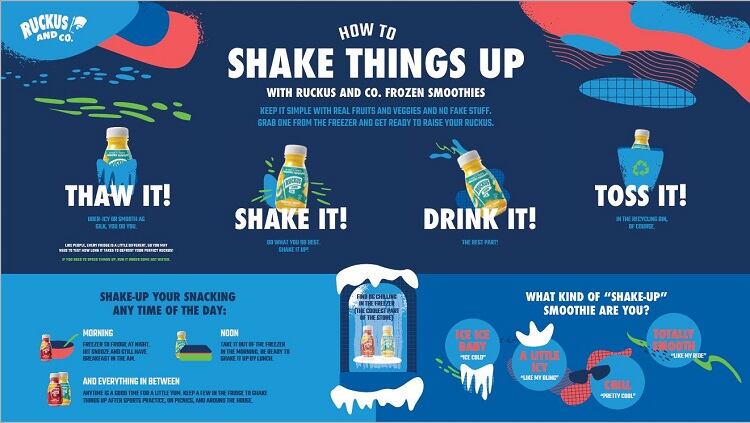
“That [pain point] is still happening to an extent but just at home,” said Neumann.
Parents and kids’ new reality of likely continuing virtual learning well into the fall months means Ruckus and Co. will have to push different messaging on how to best use the product (i.e. taking the smoothie out of the freezer the night before or the morning of).
“It’s becoming more common in the frozen section, but it’s still a new type of format for consumers,” said Neumann.
“First and foremost we’re here for the kids and the parents, and our priority is making sure we’re communicating the appropriateness of use,” she added.
FoodNavigator-USA FOOD FOR KIDS summit is going VIRTUAL!
Check out the event website and ‘register your interest’ to receive updates on the interactive online event series taking place this fall.
